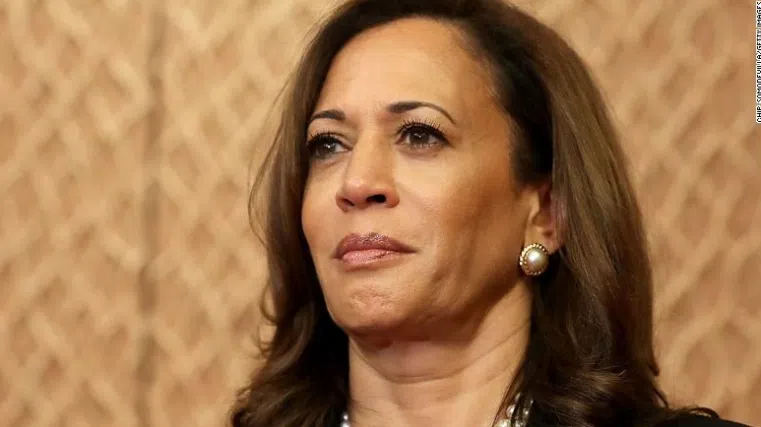
Kamala Harris opens presidential bid
WASHINGTON — Kamala Harris, a first-term senator and former California attorney general known for her rigorous questioning of President Donald Trump’s nominees, entered the Democratic presidential race on Monday. Harris would be the first woman to hold the presidency and the second African-American.
Harris, 54, who grew up in Oakland, California, is one of the earliest high-profile Democrats to join what is expected to be a crowded field. She made her long anticipated announcement on ABC’s “Good Morning America.”
“I am running for president of the United States,” she said. “And I’m very excited about it.”
She portrayed herself as a fighter for justice, decency and equality in a video distributed by her campaign as she announced her bid. “They’re the values we as Americans cherish, and they’re all on the line now,” Harris says in the video . “The future of our country depends on you and millions of others lifting our voices to fight for our American values.”


